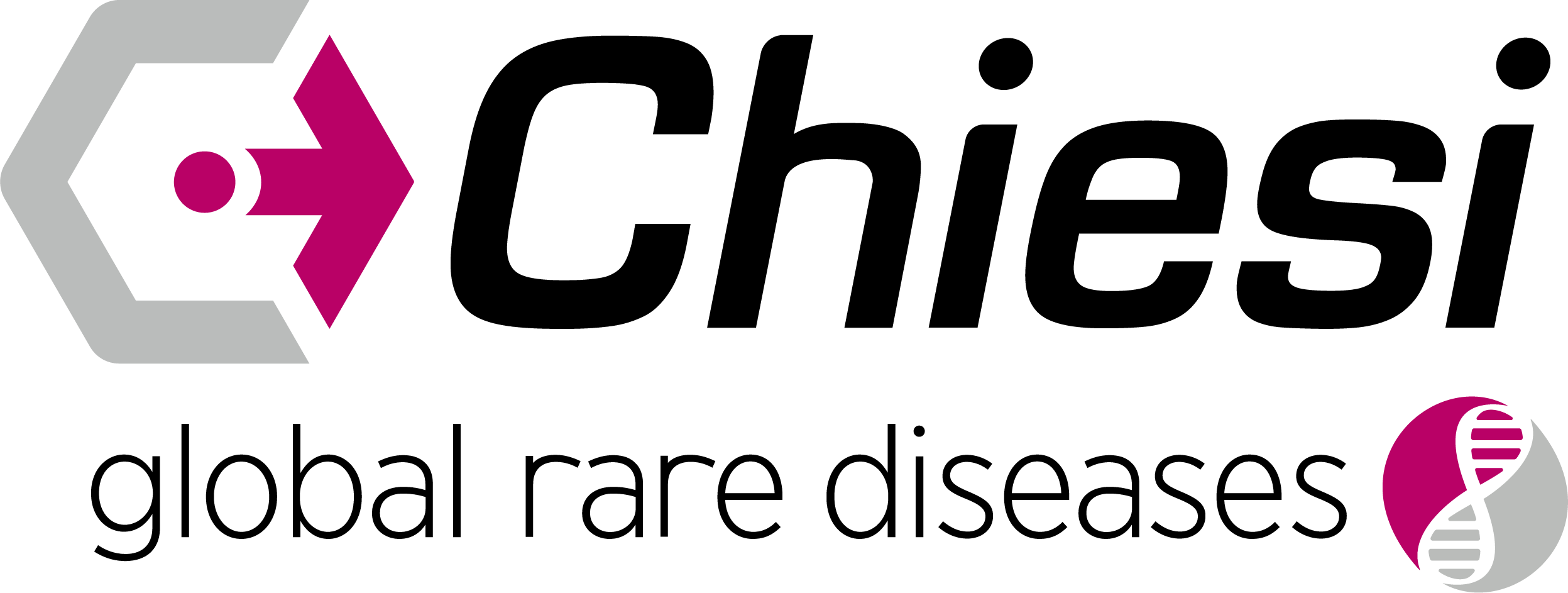News Articles February 2022
Written on 04 February 2022.
I Have Been Told I Need Surgery For A Pituitary Adenoma. What Does This Mean?
Pituitary adenomas are benign tumors which arise from the pituitary gland itself. They are almost never malignant. Pituitary tumors can be either secretory or non-secretory, referring to whether they overproduce pituitary hormones. Secretory tumors cause disease because of the excess quantities of hormones which they secrete (release) into the bloodstream. The most common type of secretory pituitary tumor is termed a prolactinoma. Excess prolactin in the blood may lead to irregular or absent periods in women, decreased libido and erections in men and infertility or milk production in men or women. However, there are excellent medicines available to treat this disorder, so surgery is rarely needed. Most patients with prolactinomas are treated by endocrinologists, who are medical specialists in gland and hormone disorders.
Secretory tumors, which commonly require surgery, include those which cause acromegaly and Cushing’s disease. Acromegaly (or gigantism if occurring in a child) results from an excess of growth hormone production. Too much adrenocorticotropic hormone (ACTH) leads to overproduction of cortisol by the adrenal glands, giving rise to a disorder called Cushing’s disease. Surgical removal of these tumors can restore normal hormone production in many cases. Non-secretory tumors (which are also termed non-functioning) do not overproduce hormones, but cause problems due to their size and location. This is because they can compress both the normal pituitary gland and the surrounding structures. Hormone deficiencies may result from compression of the normal pituitary gland. Non-secreting tumors can also cause vision problems by growing upwards and compressing the optic nerves and chiasm, nerves which are important for vision. This pressure can lead to loss of peripheral vision. Surgery can remove such tumors and relieve the pressure on surrounding structures.
How Is The Tumor Removed?
The tumor is usually soft and can be removed with small surgical instruments called curettes. In order to remove a large tumor through a small hole, the tumor itself has to be cut into small pieces. As the surgeon cores out the center of the tumor, the peripheral margin of the tumor has to fall into an area that can be reached by the surgeon. Some tumors, which have grown beyond the area of the sella, cannot be completely removed. Tumors that grow sideways into the cavernous sinus, a collection of veins next to the sella, usually cannot be completely removed. This is because that area contains important nerves controlling muscles of the eye and the carotid artery, which supplies the brain. Tumors which have a large amount of supra-sellar extension (up into the brain) can be removed in one operation if they fall downward into the sella during the procedure. Sometimes the removal of large tumors has to be staged into two operations, to allow time for the uppermost portion of the tumor to fall into the sella where it can be reached on a subsequent operation.
How Is This Surgery Performed?
Most pituitary tumors can be removed transsphenoidally. The approach is through the sphenoid sinus, one of the facial air spaces behind the nose. Rarely, a craniotomy is required, where the skull is opened to reach the tumor. There are three basic approaches to the sella, which is the bony cavity in the skull base where the pituitary gland is located. Many neurosurgeons now use a direct transnasal approach, where an incision is made in the back wall of the nose and the sphenoid sinus is entered directly. It is also possible to make an incision along the front of the nasal septum, and make a tunnel back to the sphenoid sinus. Finally, it is possible to make an incision under the lip and approach through the upper gum, and enter the nasal cavity and then the sphenoid sinus.
How Will I Feel After The Surgery?
You will have a sinus headache and nasal congestion. This will gradually improve over a few weeks. You can take decongestants which will help these symptoms. It is common to feel fatigued for two-three weeks after the surgery and this gradually improves.
How Long Will I Be Out Of Work?
That depends on what you do. The average would be about two weeks.
What Is The Chance Of Being Cured?
It depends upon the type, size and location of the tumor and the expertise of the surgeon. Patients with Cushings disease usually have small tumors (microadenomas) and are surgically cured about 90% of the time based on data published by expert pituitary surgeons. Patients with acromegaly often have larger, more invasive tumors which are harder to cure surgically. The success rate with growth-hormone secreting macroadenomas is about 60% in the best surgical series. Non-secreting tumors are often macroadenomas as well. Whether a macroadenoma can by completely removed depends upon whether it has grown into the cavernous sinus, bone, or elsewhere. If it has not grown into these areas, a surgical cure can often be achieved. If tumor has grown into an area where it is not possible or safe for the surgeon to operate, it may not be surgically curable. However, such tumors can often be de-bulked away from the optic nerves and chiasm, in order to protect vision. Radiation therapy may be required to control further growth.
How Should I Choose A Surgeon For My Pituitary Operation?
It has been shown that the success of surgery is dependent on the amount of experience the surgeon has at performing pituitary operations. Surgeons with the most experience generally have the highest rates of cure, meaning complete tumor removal. In addition, the rate of complications is lowest among experienced pituitary surgeons. Surgeons at major pituitary centers, such as the Massachusetts General Hospital Neuroendocrine Clinical Center, operate on patients with pituitary tumors every week.
What Are The Risks Of The Surgery?
The most common risk is damage to the normal pituitary gland. For macroadenomas (>1cm) this happens between 5-10% of the time when the operation is performed by an expert pituitary surgeon. This means that new hormone replacement might be required after the surgery, possibly including thyroid hormone, cortisol, growth hormone, estrogen or testosterone. Damage to the posterior, or back portion, of the pituitary gland may produce a condition known as diabetes insipidus, which will lead to frequent urination and excessive thirst, since the kidneys will no longer adequately concentrate the urine. This can be controlled with a nasal spray or pill form of a medication called DDAVP. Permanent diabetes insipidus occurs 1-2% of the time after pituitary surgery.
How Long Does The Operation Take?
The procedure itself usually takes about three hours. Patients go to the recovery room for two to three hours after the surgery and are then admitted to the hospital floor. There is no need to stay in an Intensive Care Unit. Most patients are discharged from the hospital in just one or two days.The procedure itself usually takes about three hours. Patients go to the recovery room for two to three hours after the surgery and are then admitted to the hospital floor. There is no need to stay in an Intensive Care Unit. Most patients are discharged from the hospital in just one or two days.
Who Can Participate In A Clinical Trial?
All clinical trials have criteria–or guidelines–about who can participate in the study. Guidelines are based on such factors as age, type of disease, medical history, and current medical condition. Before joining a clinical trial, a person must qualify for the study. Some research studies seek volunteers with illnesses or conditions to be studied in the clinical trial, while other trials need healthy volunteers.
Available Now!

The Pituitary Patient Resource Guide Sixth Edition is now available! Be one of the first to have the most up-to-date information. The Pituitary Patient Resource Guide a one of a kind publication intended as an invaluable source of information not only for patients but also their families, physicians, and all health care providers. It contains information on symptoms, proper testing, how to get a diagnosis, and the treatment options that are available. It also includes Pituitary Network Association's patient resource listings for expert medical care.

Xeris Pharmaceuticals is valued member of the PNA










